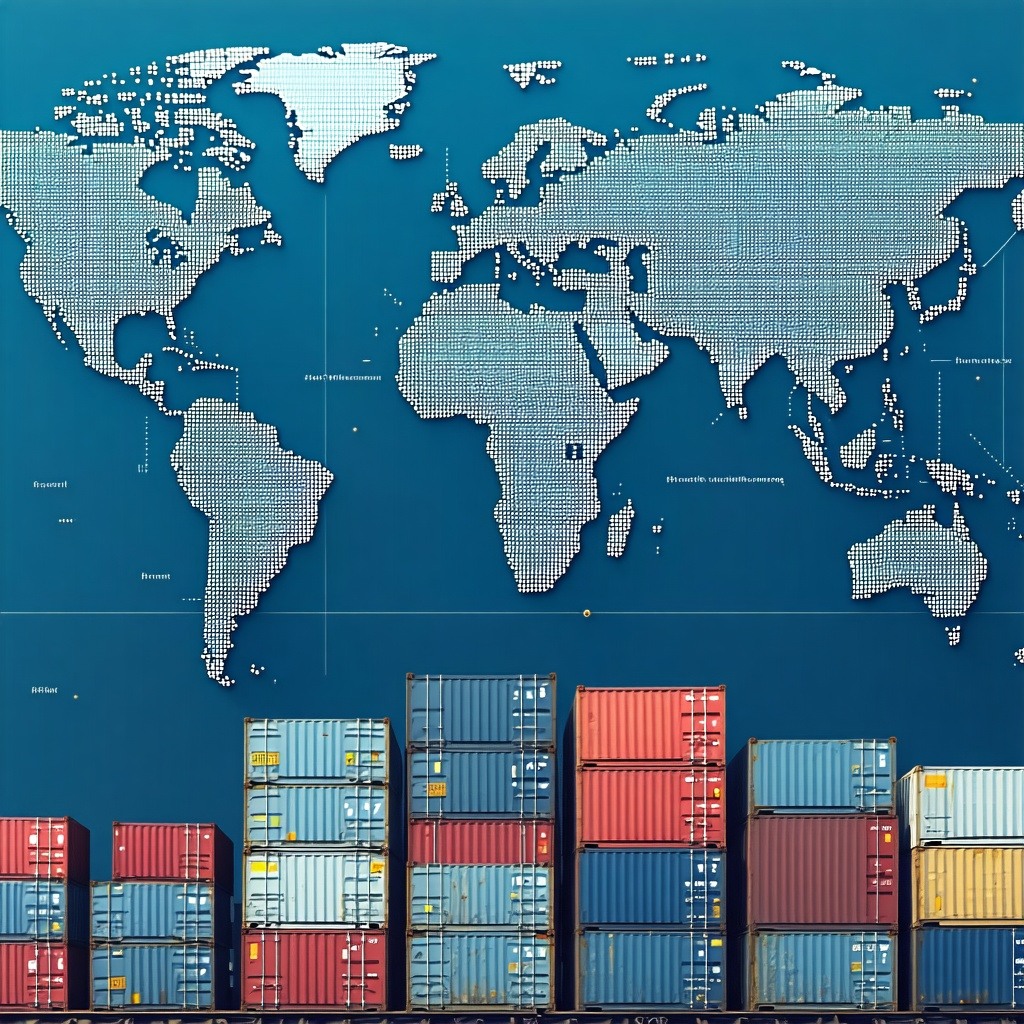
- March 21 2025
- Don Friddell
Navigating Tariffs: Potential Supply Chain Impacts
The global supply chain, a complex network of interconnected businesses, plays a vital role in modern economies. Discussions surrounding potential adjustments to trade policies, including the implementation of tariffs, raise important questions about their potential impact on this intricate system. Regardless of specific political viewpoints, it's crucial to examine the potential economic consequences of such policies.
Understanding the Core Economic Mechanisms:
Tariffs, in essence, are taxes imposed on imported goods. This fundamental economic mechanism can trigger a series of cascading effects:
Increased Import Costs:
- When tariffs are applied, the price of imported goods rises. This can directly affect businesses that rely on these imports for raw materials or finished products.
- The resulting increase in input costs can lead to higher consumer prices, potentially contributing to inflationary pressures.
Supply Chain Reconfigurations:
- Businesses may seek to mitigate the impact of tariffs by diversifying their supply sources, exploring domestic alternatives, or relocating production.
- This can lead to significant logistical adjustments, potentially involving:
- Reshoring: Bringing production back to the domestic market.
- Nearshoring: Relocating production to neighboring countries.
- Diversification: Seeking new international suppliers. - These reconfigurations can incur costs and time delays.
Potential for Trade Responses:
- The imposition of tariffs can sometimes lead to reciprocal actions from trading partners, resulting in retaliatory tariffs.
- This can create a cycle of trade restrictions, potentially impacting export-oriented industries.
Analyzing Potential Economic Impacts:
It's essential to consider the potential economic impacts of tariffs:Impacts on Businesses:
- Small and medium-sized enterprises (SMEs) may be particularly vulnerable to increased costs and supply chain disruptions.
- Industries reliant on globally sourced components may face challenges in maintaining competitiveness.
Impacts on Consumers:
- Increased import costs can translate to higher prices for consumer goods, potentially affecting purchasing power.
Long-Term Economic Considerations:
- Trade adjustments can influence investment decisions, potentially affecting domestic production capacity and technological innovation.
Adopting a Proactive Approach:
Regardless of the specific trade policies in place, businesses can take steps to enhance their supply chain resilience:
- Supply Chain Visibility:
- Mapping and analyzing supply chains to identify potential vulnerabilities.
- Flexibility and Redundancy:
- Diversifying suppliers and exploring alternative sourcing options.
- Strategic Planning:
- Adapting inventory management and logistical strategies to mitigate potential disruptions.
Focusing on the underlying economic mechanisms and potential impacts can foster a more informed and nuanced understanding of the complexities surrounding trade adjustments.


Leave Your Comment